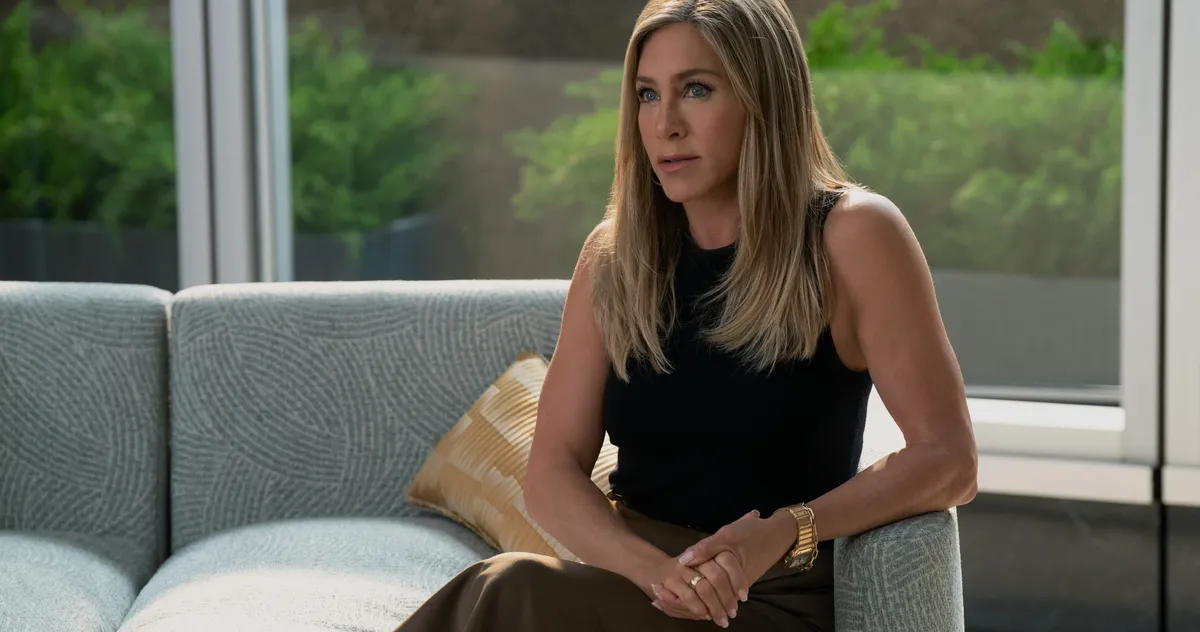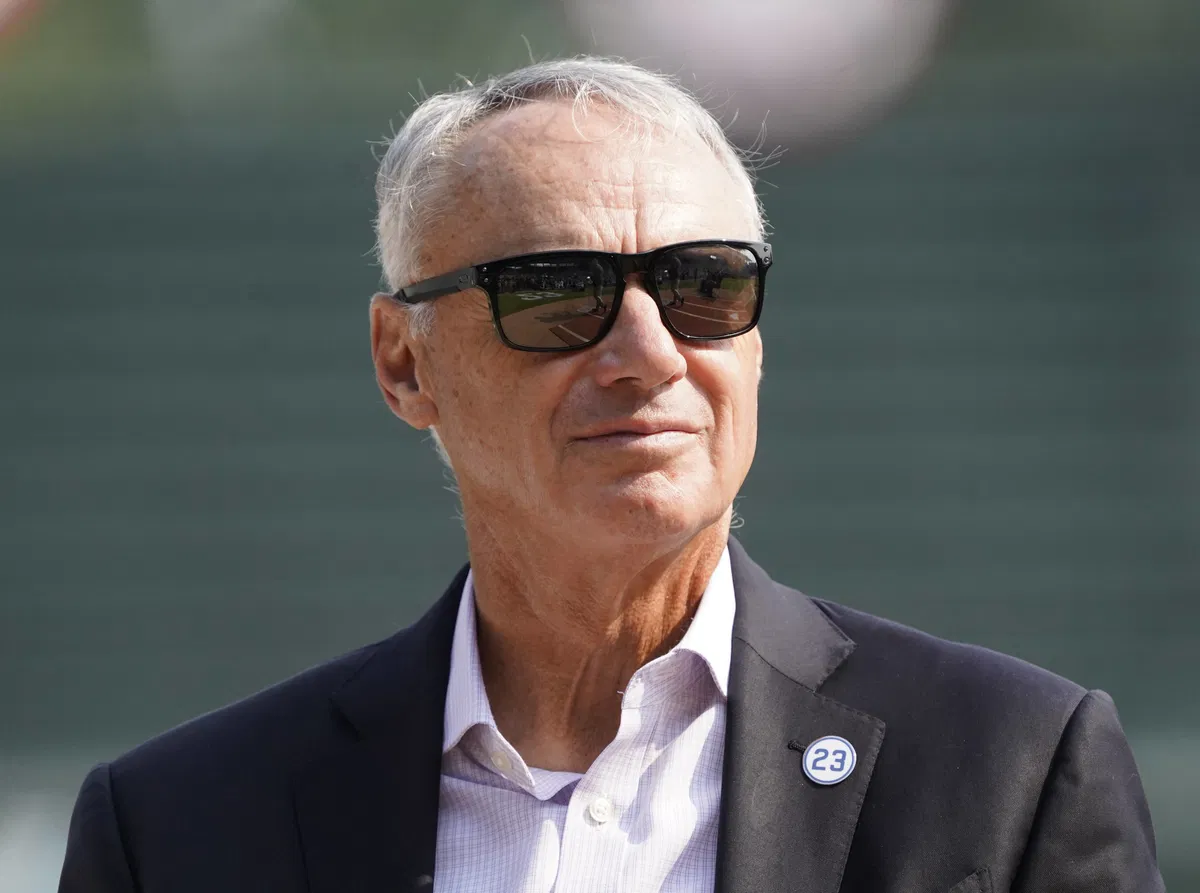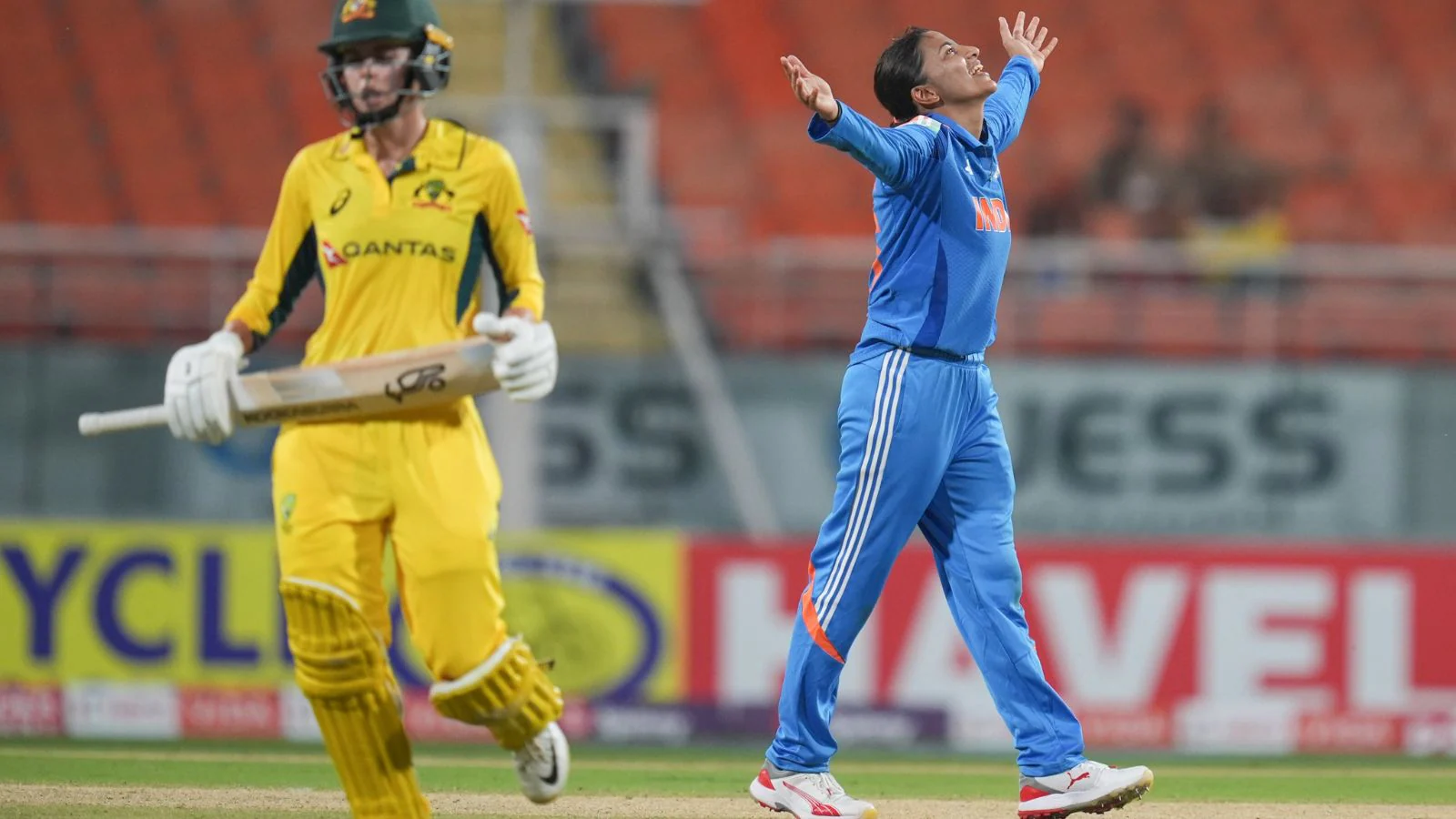
Spoilers follow for The Morning Show season four, episode two, “The Revolution Will Be Televised,” which premiered on Apple TV+ on September 24.
Despite being a show about the news and the people reporting it, The Morning Show is not built for realism. In the series’ first three seasons, nearly every ripped-from-the-headlines event was spun through a melodramatic or flat-out goofy lens. Sexual abuser and TV host Mitch Kessler (Steve Carell) was constantly scheming to get back on the air before he finally drove off an Italian cliffside. His replacement, Bradley Jackson (Reese Witherspoon), stumbled into the January 6 Capitol Hill insurrection and ran into her brother, then covered up evidence of his involvement. Tech billionaire Paul Marks’s (Jon Hamm) spaceship, on which Bradley later travels to space, looks not unlike a dick, and he turns out to be a dick, which is a poetic coincidence. It’s impossible to take The Morning Show seriously, but even by its own standard of soaping up recent history and pretending it’s insightful, the fourth season’s Iran-centered plot is an act of xenophobic mania, a story line in such poor taste it makes that penis projectile seem nuanced.
For Jennifer Aniston’s Alex Levy, the new season opens with a threat to her career: Now that the UBA and NBN networks have merged into UBN, Alex is an executive partially on the hook for UBN’s financial choices, including its $8 billion investment in Olympics coverage and the money it’s pumping into AI technology for the newsroom. That new responsibility complicates one of the biggest interviews of her career, a sit-down with Iranian fencer Roya Nazeri (Ava Lalezarzadeh). Everyone else is on pins and needles about the sensitivity of securing an interview with a representative of a hostile government, including new UBN head of sports Ben (William Jackson Harper), who refers to the Iranian retinue warning Alex not to go off-script as an ominous “they.” But Alex isn’t sweating it; she’s “covered peace talks less contentious” and just wants to make sure the interview can’t be construed as a “promo for the morality police,” represented here by Roya’s state-sanctioned security team: stony-faced, bearded men with Iranian flag pins and shirts piously buttoned all the way up. These religious Iranians are bad Iranians, presented here as blandly featureless aside from their obsession with controlling women, while Roya — with her giggling desire to meet Timothée Chalamet — is recognizably more western and therefore good. The Morning Show puts a binary in place immediately.
That’s when the season premiere slips into thriller mode, as Roya’s father Arsham (Alain Ali Washnevsky) secretly passes Alex a note about defecting. She waffles for a moment, then decides to torpedo the interview, pulling the fire alarm so Roya and Arsham can run for their lives down a hallway illuminated by strobe lights and echoing a piercing siren. The Iranian guards sprint into action, pursuing the family and causing a car accident in the ensuing chase. Finally, The Morning Show uses slow motion to signal Roya and Arsham’s relief as the two assess their newfound freedom in the back of Alex’s SUV. Alex’s actions, naturally, spark an international incident, with UBN executives and the U.S. government accusing her of colluding with the family, since Arsham works for the Iranian nuclear program and there’s video footage of Alex referencing defection plans already in place. This is the most stressful The Morning Show has ever been, even more than that time the newsroom was held hostage for a $50 million ransom. Iran as a broad foe is clear — and flat.
The Iranian government is not an innocent party by any means, but The Morning Show presents rumors and accusations about the country as facts that feel incurious at best and reckless at worst. A young Iranian woman repressed by her government might be lying to Alex. Maybe an Iranian scientist isn’t as innocent as he claims. Islamic Republic goons chase both through the streets of New York City, threatening to separate father and daughter. The Morning Show places anyone associated with Iran on a spectrum between “suspicious” and “nefarious,” figures to be feared, mistrusted, and fought. Iran is so cartoonishly evil, in fact, that when the premiere episode refers to the contemporaneous and ongoing massacre of Palestinians in Gaza as simply an “Iran-Israel standoff,” it’s clear The Morning Show isn’t trying to be objective. (And is fundamentally cowardly: See the season’s first mention of “Gaza” receiving a gasp and eye roll from Bradley when she learns that her colleague’s boyfriend is going there as a news photographer, a startling inaccuracy when the Israeli government hasn’t allowed foreign journalists to enter Gaza since its retaliation for October 7 began. A vague mention of “everything going on in Gaza” later on only underlines the series’ flippancy.)
If all of this were a subtle read of the American mainstream media’s inadequacy in covering Palestine with any amount of empathy, or its eagerness to bang the drum in support of America’s war games, that would be an unexpected, refreshingly subversive perspective. But The Morning Show is not that kind of show, and instead, all this alarmism is fodder for the moment Alex Levy Googles herself and realizes that deep-fake porn of her is plentiful online. In episode two, Alex is ambushed by her bosses and a representative from the network’s legal team, who unearthed footage of Alex colluding with Roya and Arsham inside the UBN studio. Alex is convinced she’s been deep-faked, points to UBN’s own AI software as evidence of how easily this can be done, and insists she’s the victim of a “witch hunt.” By the time Alex finds 1.7 million results of AI-slop pornography depicting her in bondage gear, sees a sign at a climate protest proclaiming “We are being gaslit,” and suddenly feels sympathy for environmental activists because she, too, was gaslit, you have to laugh at the fact that The Morning Show invoked the Iran-as-bogeyman trope just so that Alex could understand the definition of an increasingly overused cultural term and realize that, yeah, climate change is real.
To The Morning Show’s credit, it is somewhat compelling, and quite timely, that Alex’s superiors are upset with her choice to help Roya and Arsham. There’s worthwhile commentary here on the corporatization of news — UBN’s merger, investment in AI, and embedded Olympics coverage have made the network and its journalists beholden to the whims of billionaire overlords instead of journalistic ethics or a grander view of morality — and the story line hammers home the dangers of using resource-churning technology that we don’t quite understand. All of these are valid critiques via a wholly inappropriate medium. Sure, it’s sicko-mode entertaining to pivot the cancel-culture-hating, feminist-when-convenient Alex into a climate-justice warrior and zealous Luddite. But doing so after she learns that Iranian hackers planted a deep fake of her colluding with the Nazeris in order to cover up the family’s willing defection is infuriating, because The Morning Show ends up relying on nationalist hysteria for a bit of character development that could have been delivered by numerous other means. Have Alex’s new adversary, the Joe Rogan– and Theo Von–evoking podcaster Brodie (Boyd Holbrook), bring up all that AI porn of her during one of their pointed, flirty exchanges. Have the UBN suits learn from their business partners that they’ve noticed an uptick in deep fakes of the channel’s broadcasters and personalities, and make it a business wrinkle in their relationship if the AI company refuses to try to curtail the digital garbage. Choose any other option than falling into an extremely cliché bit of Islamophobia!
It’s not that The Morning Show is doing something unprecedented. Evoking, let alone explicitly naming, Iran as a vile apparition has been a tiring standard for decades, recently in Top Gun: Maverick, Lioness, The Diplomat, and The Agency. But The Morning Show does it so needlessly and so predictably, hitting all the standard tropes of this kind of indistinct othering and then tossing the subplot aside. Though the show’s mention of imprisoned human-rights advocate and Nobel Peace Prize winner Narges Mohammadi brings attention to her cause, even that is a ploy through which Alex, in her interview with Roya, forces the young woman to account for the atrocities enacted by her country’s regime. The Morning Show isn’t a series that should be attempting meaningful political commentary, and it isn’t a series that is courageous enough to actually comment on the world around us. Alex smirking to UBN’s legal counsel that Iran and Iraq are, in fact, different countries is appreciated. But that basic fact is about all we can trust the show to tell us.



